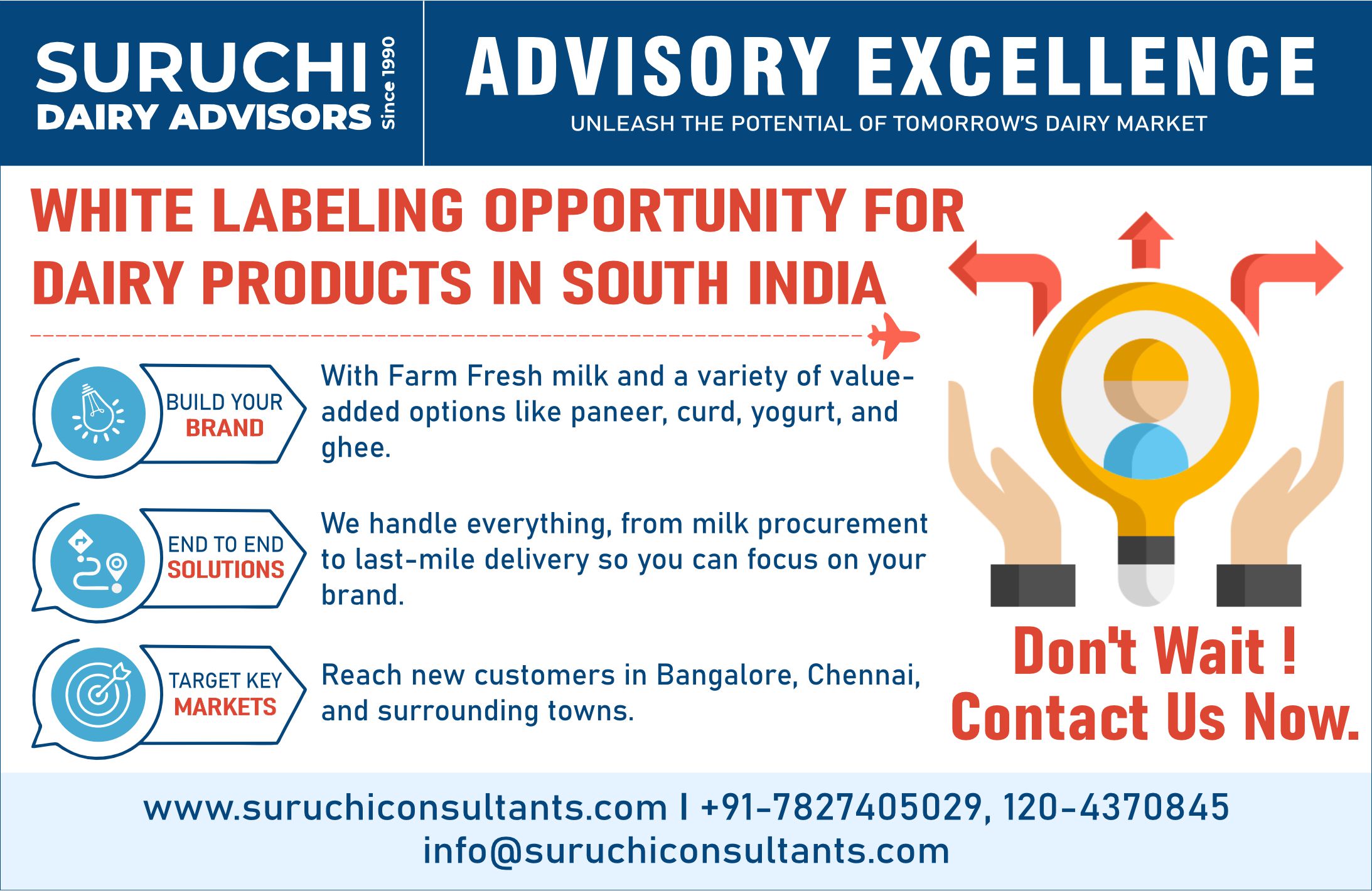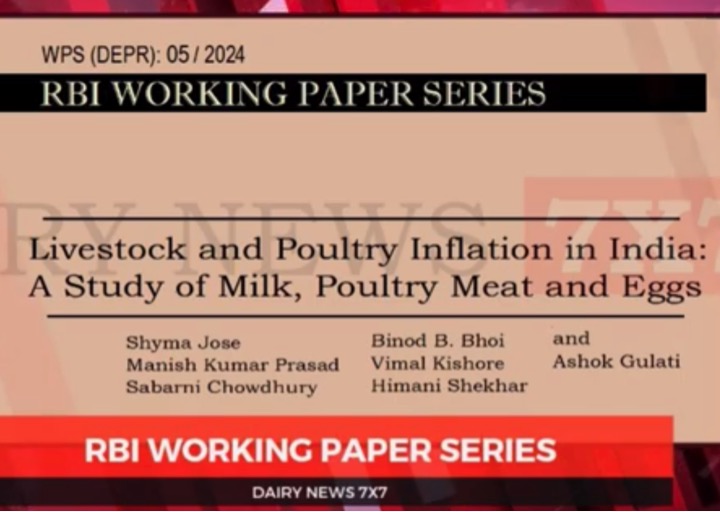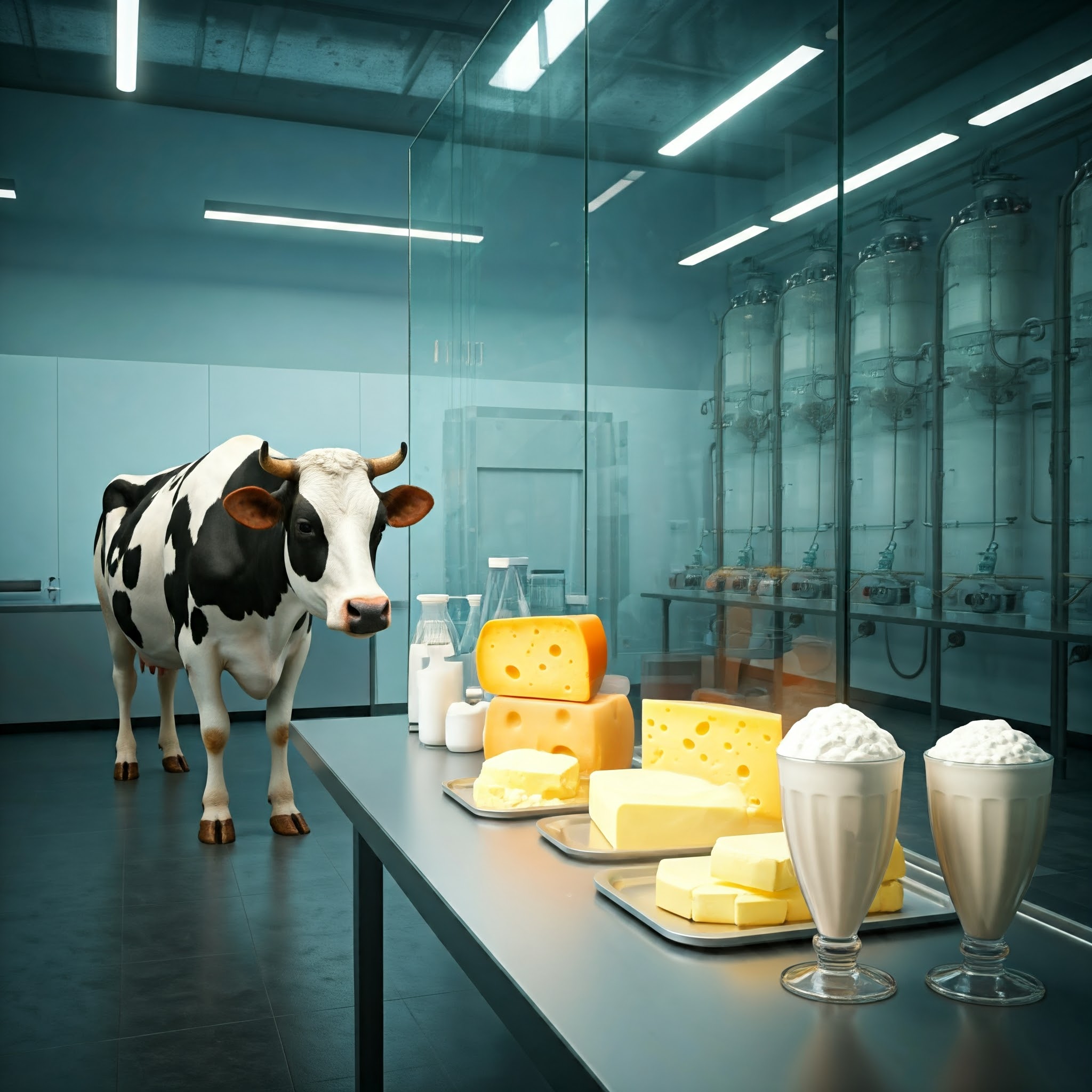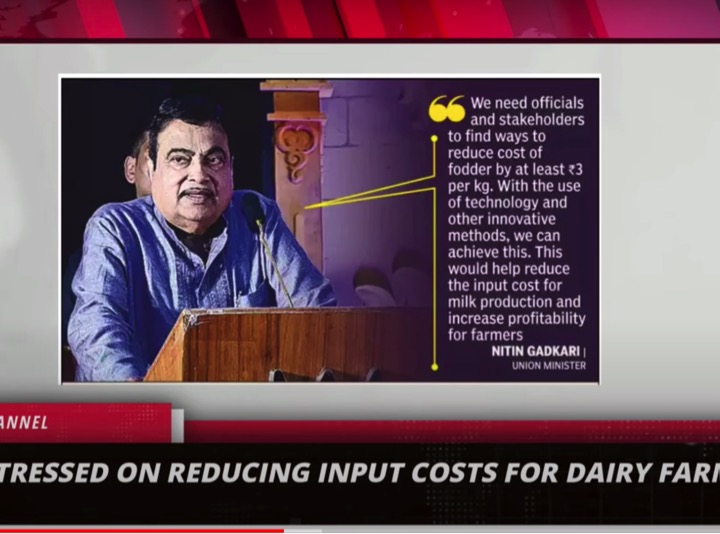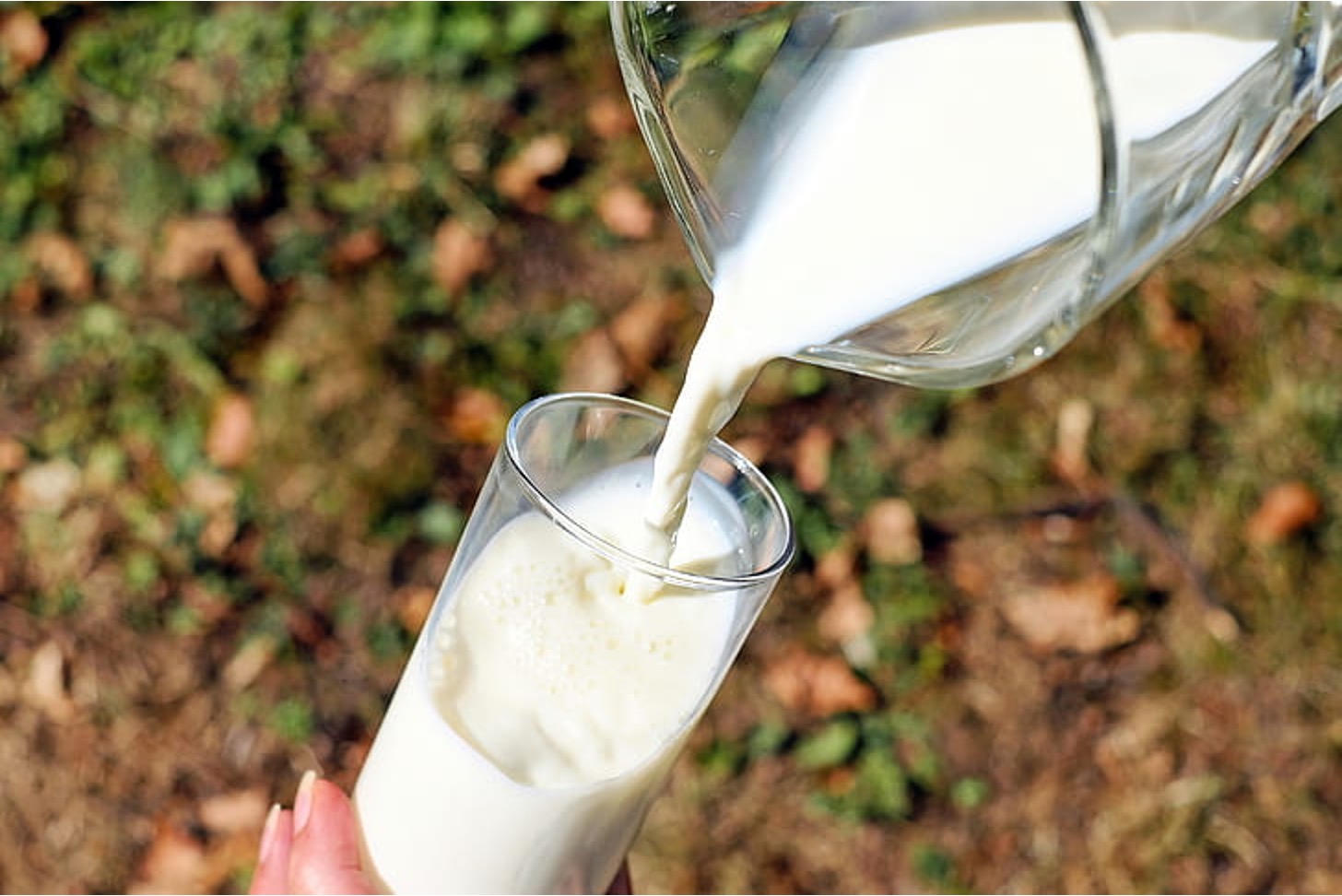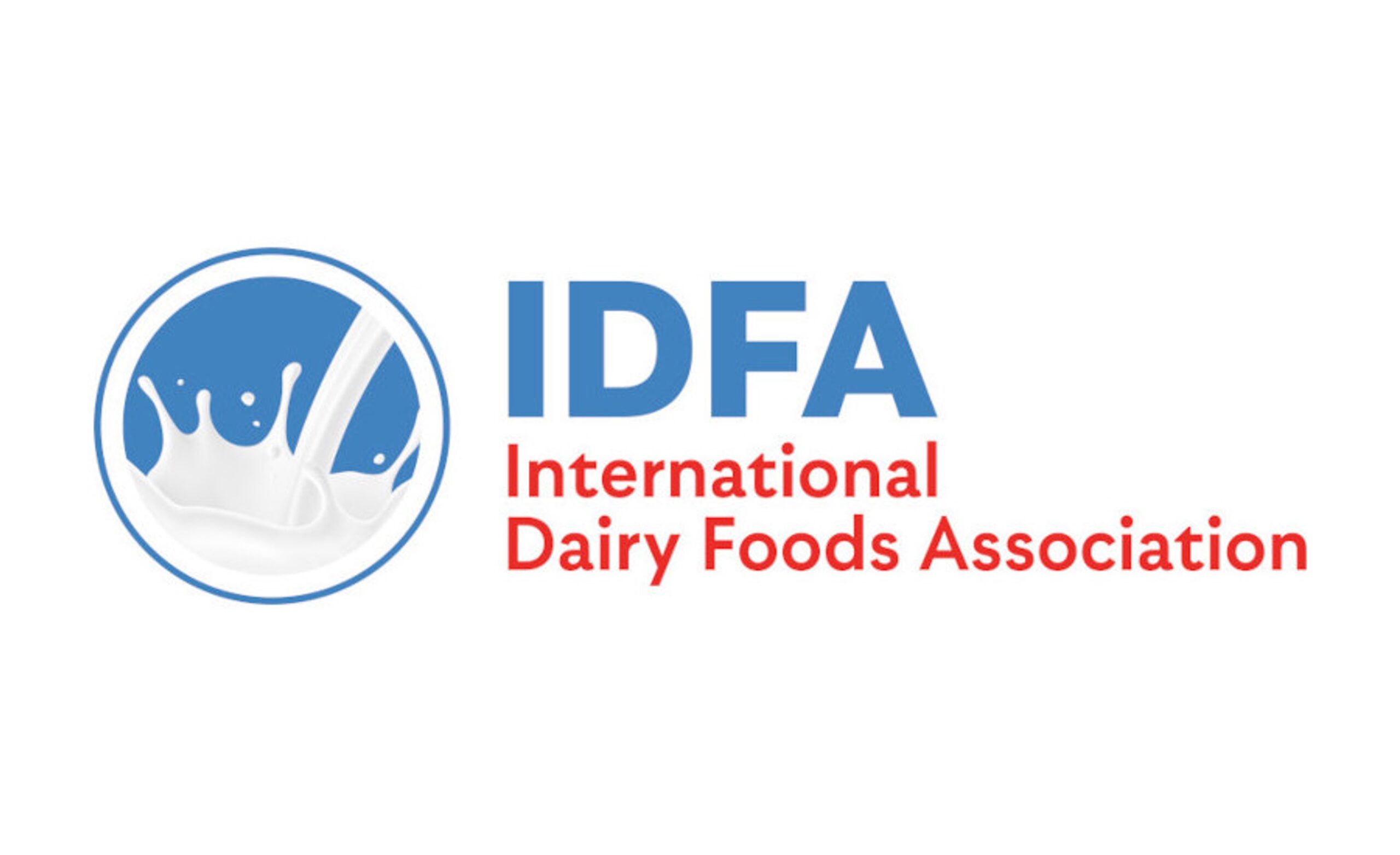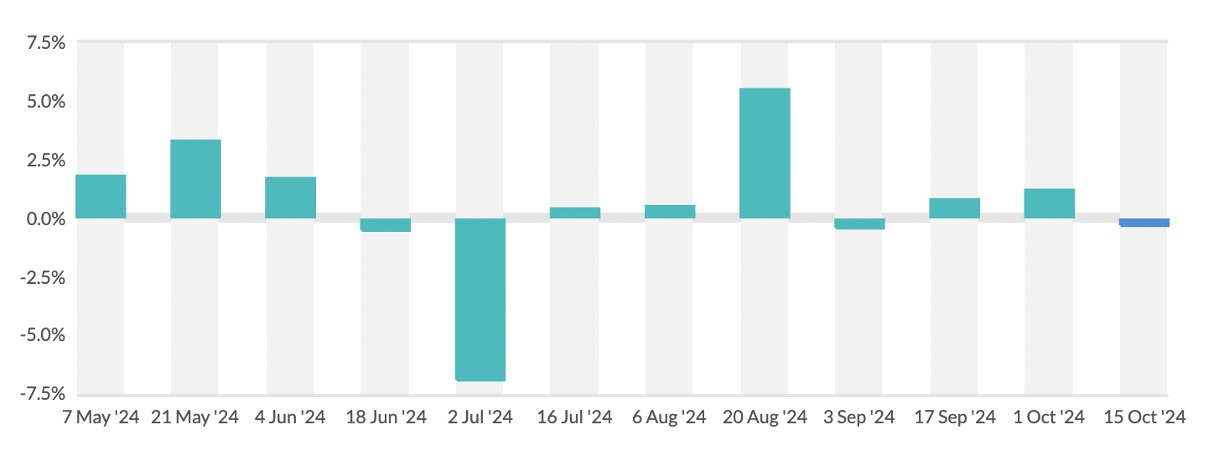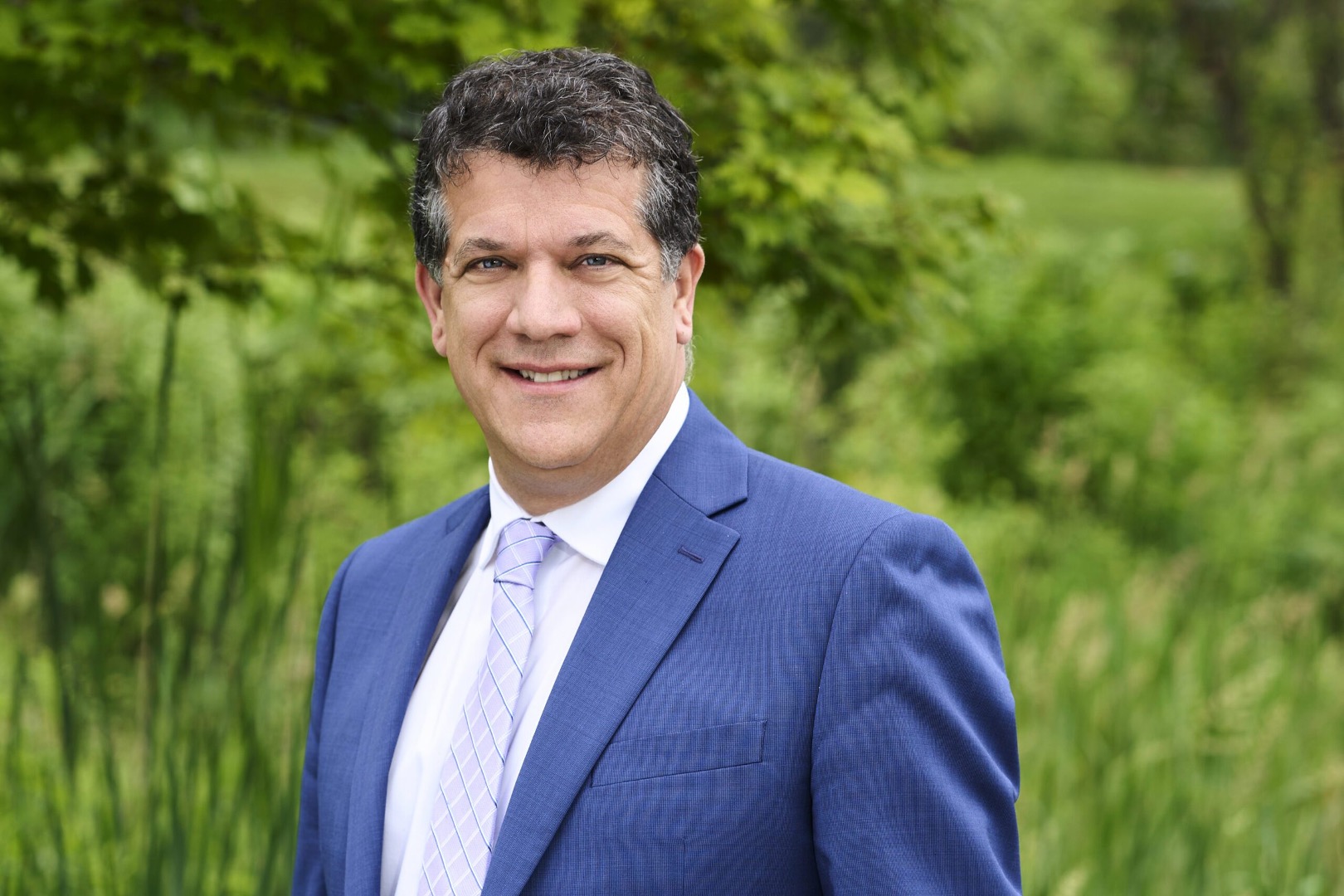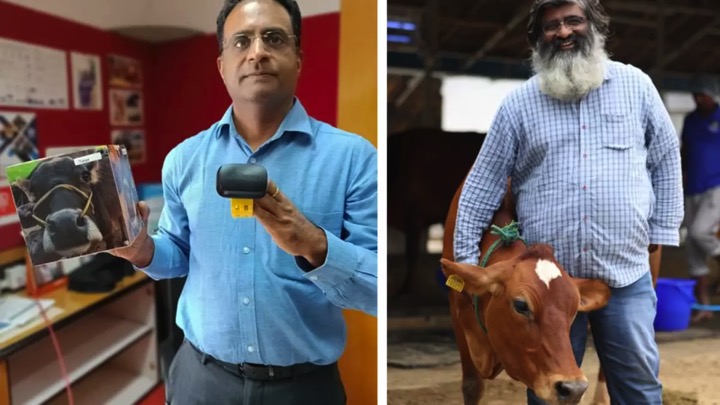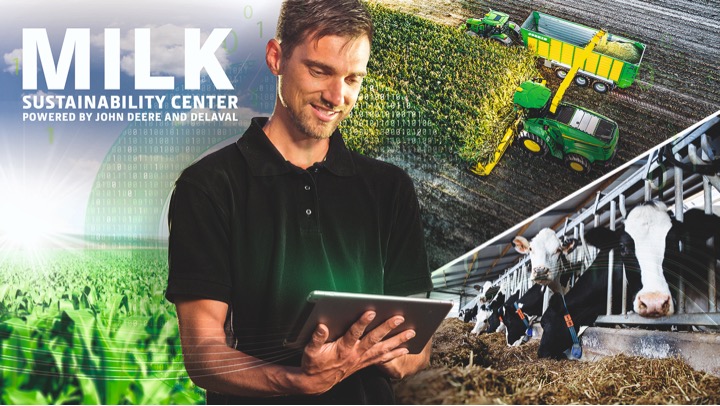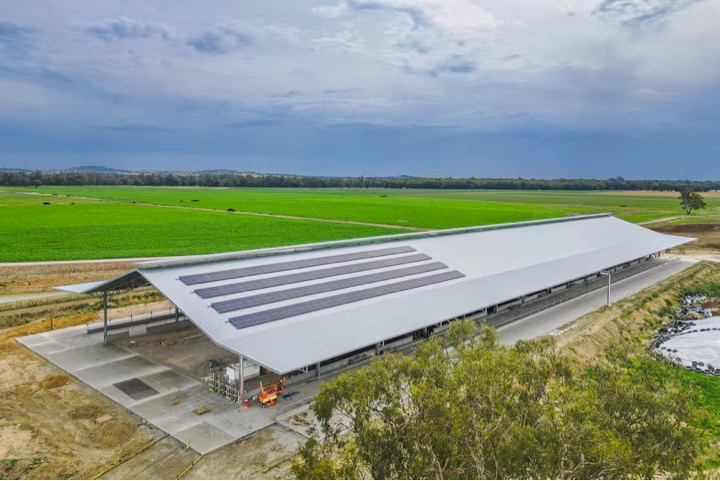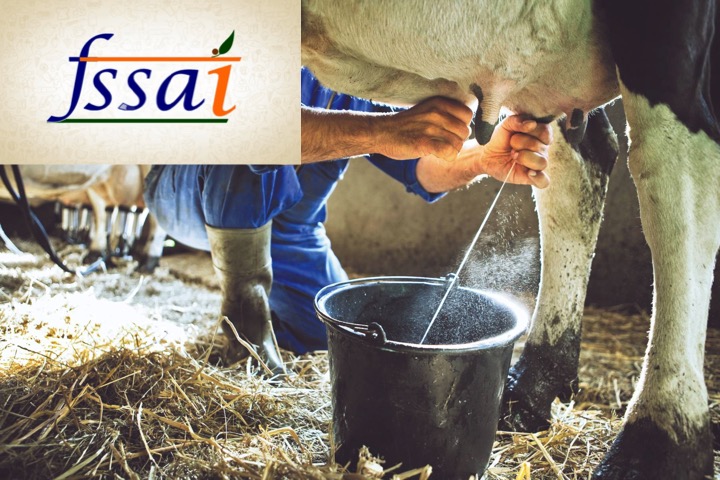Whilst McKinsey, the global consulting firm, says progress on sustainability commitments is evident, it adds that farm-level emissions remain a stubborn challenge.
McKinsey has completed its sixth annual survey of US dairy executives, conducted with the International Dairy Foods Association, revealing a shift in priorities for the dairy industry.
The US Department of Agriculture figures show that farming activities in the US were responsible for 10.6% of US greenhouse gas emissions in 2021.
McKinsey points out that this challenge is only intensified by others across the world, including global population surges, leading dairy industries to face the monumental task of sustainable food production.
Nevertheless, industry leaders exude optimism about dairy’s future. They’re grappling with a complex web of innovations, regulations, and economic pressures, all whilst steering the sector towards a greener horizon.
With sustainability dominating dairy executive priorities, previous concerns about growth and resilience have been put into perspective.
What are executives focused on for the dairy industry?
Although the McKinsey report focuses on the US market, the company did also quiz executives from dairy processors, producers, packaging companies and retailers from the Canada, Europe and Oceania, found that:
- 42% of leaders are focused on growth
- 29% on nutrition
- 16% on innovation
- 10% on international opportunities
- 2% on leadership issues
Dairy executives say they are most excited about growth, including growth in the companies, industry and consumer demand.
McKinsey reported: “According to our interviews, much of this growth was driven by pricing, though executives expect future growth to be propelled more by volume. Growth forecasts vary by product, but dairy overall is expected to grow 4% annually from 2024 through 2027, with most growth coming from cheese and yoghurt.”
Regarding product nutrition and innovation, McKinsey wrote: “Almost 30% of dairy executives we interviewed were most excited about the nutrition or “goodness” of their products, from the high nutrient density of yoghurt to the potential for dairy protein ingredients.
“In addition, one-third of the executives we interviewed were excited about product innovations that allow them to better harness the nutrition of dairy.”
What are main worries of dairy executives?
The report ranks sustainability as the top concern across leaders in the dairy industry, followed by regulation, demand, geopolitics and food safety.
When asked what keeps them up at night, 19% of executives say they are sustainability issues, with three-quarters saying that their sustainability efforts are motivated by stakeholders, including customers, retailers and other dairy vendors.
One dairy executive told McKinsey: “Consumers are extremely interested in sustainability, but they are not necessarily willing to pay more. I’m not sure if this will ever change. People will tell you they are willing to pay for it, but they won’t.”
Respondents also say they are increasingly focused on regulation, with 13% citing it as a key concern.
Recent and upcoming revisions to US national legislation are another key concern, as environmental regulations like California’s methane reduction mandate and potential carbon taxes, similar to those in Europe and New Zealand, are shaping the industry’s future.
These developments are echoed by the finding that sustainability has become a strategic priority, with 60% of dairy processors citing greenhouse gas emissions reduction as a top-three issue.
Addressing Scope 3 and farm-level emissions remains challenging, says McKinsey. The survey revealed that, whilst 71% of companies measure farm emissions, only 27% alter procurement based on these metrics.
Acting on these concerns, Dairy brand Müller, is implementing on-farm carbon reduction programmes to help farmers decrease their environmental impact.Whereas First Milk, the British farm-owned dairy co-operative with customers including Nestle, is focusing on regenerative farming practices to improve soil health and biodiversity and investing in renewable energy sources for their production facilities.
What are dairy executives doing to improve the future of the dairy sector?
The dairy industry is intensifying its focus on sustainability, with decarbonisation efforts gaining momentum.
At COP28, several major dairy companies formed the Dairy Methane Action Alliance, building on previous initiatives like the US Dairy Net Zero Initiative. This alliance aims to address methane emissions across the entire dairy supply chain, including Scope 3 emissions.
As the industry moves towards its 2050 net-zero goal, McKinsey thinks dairy executives should consider:
- Developing comprehensive strategies to measure and reduce Scope 3 emissions
- Enhancing transparency and measurement capabilities
- Adapting to changing consumer preferences, shareholder pressures, and regulatory requirements
- Addressing labour market shifts with flexible work arrangements and competitive benefits



